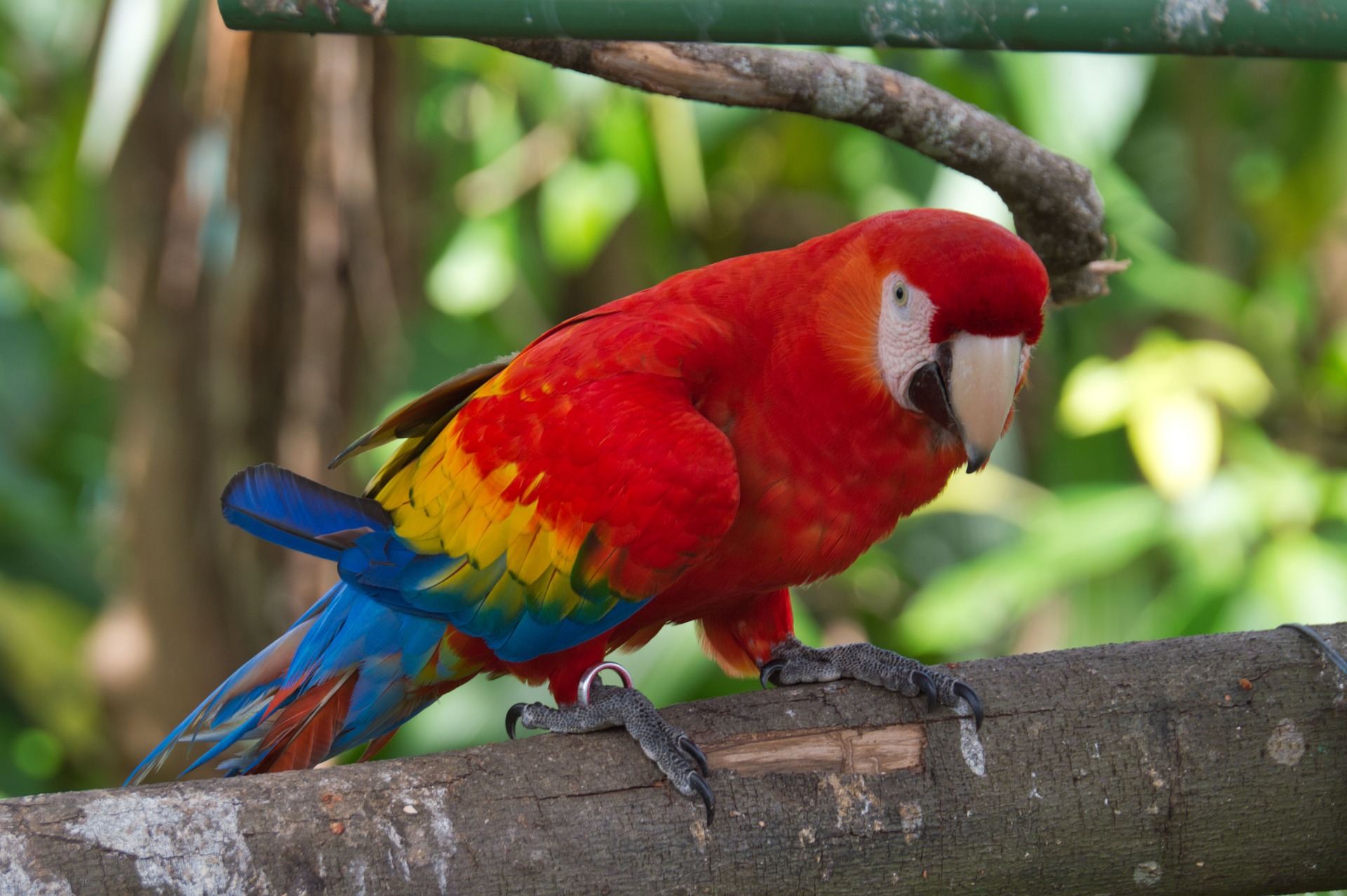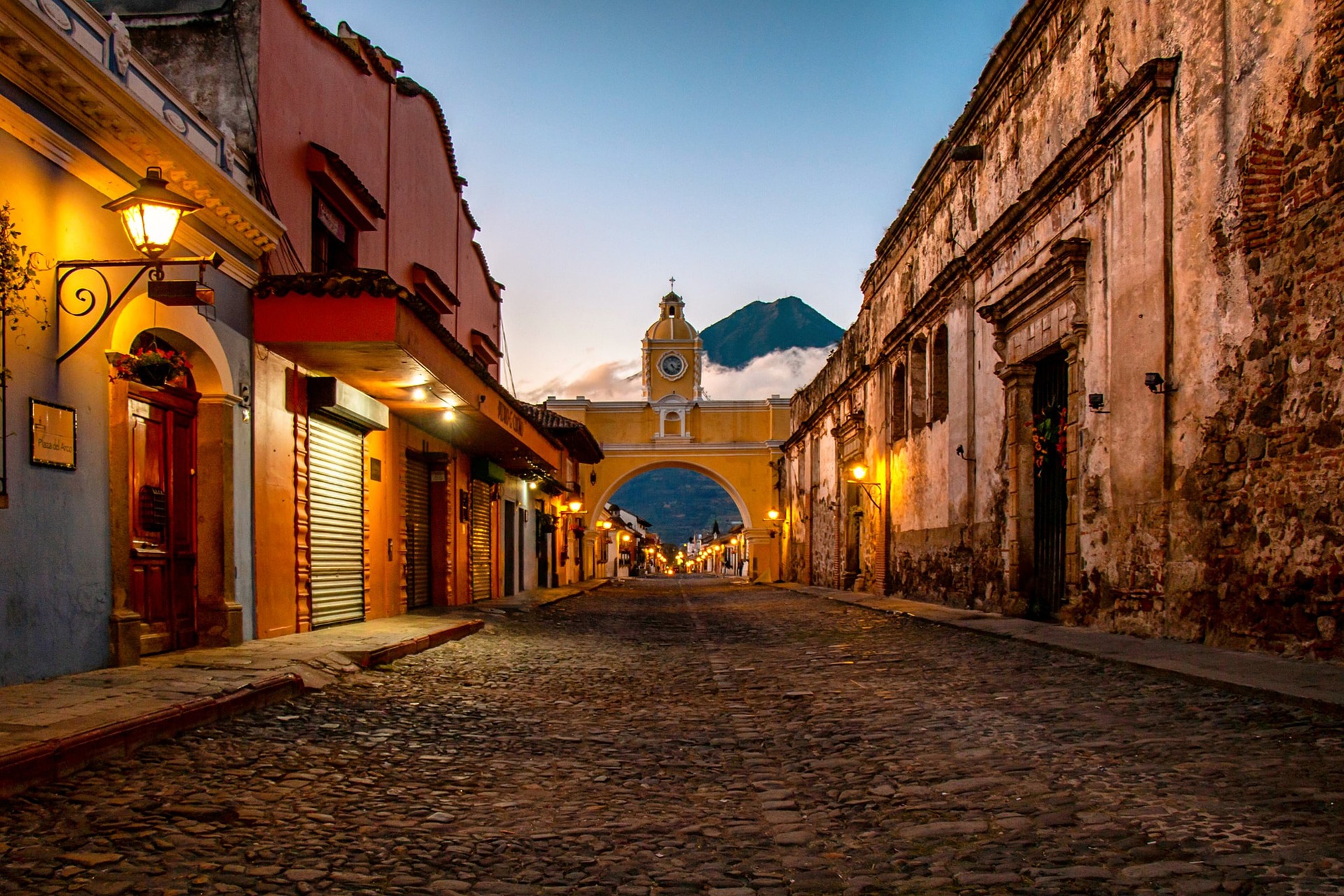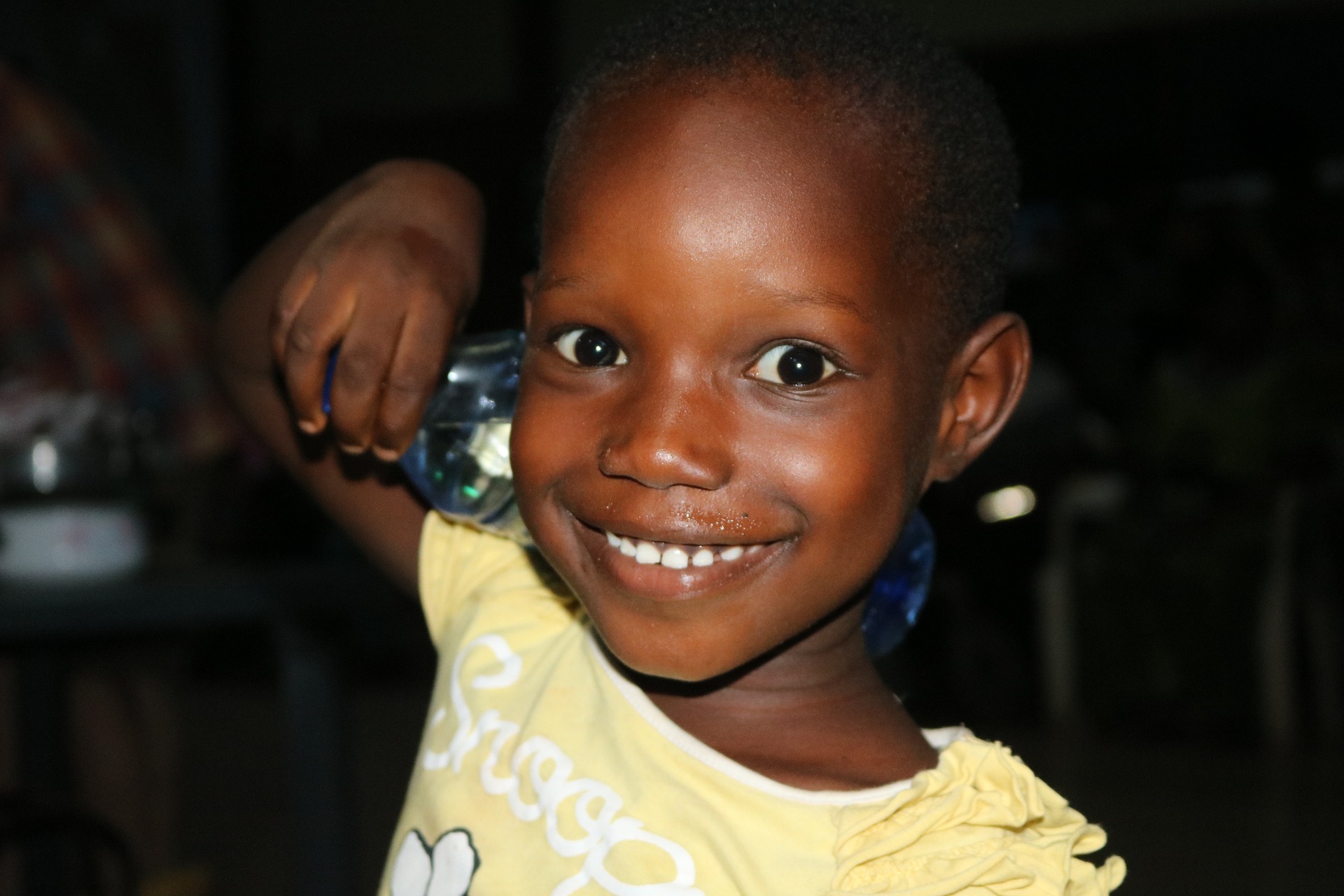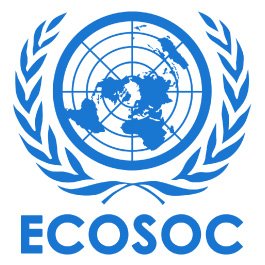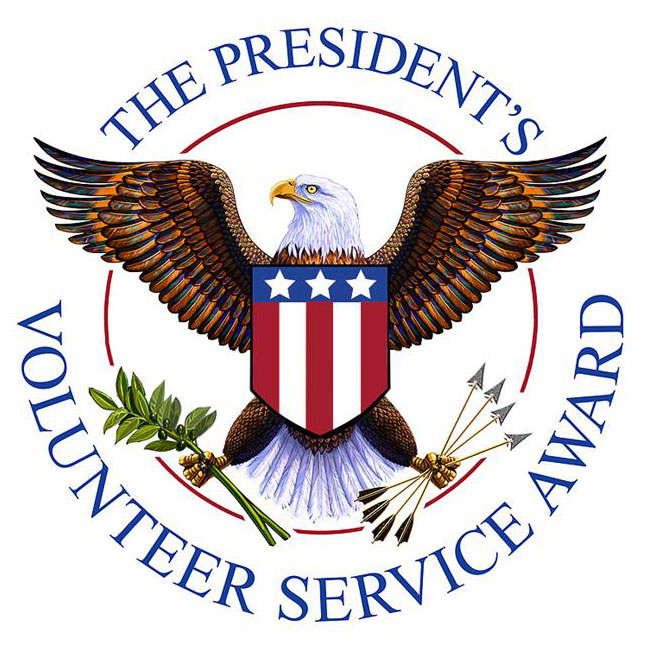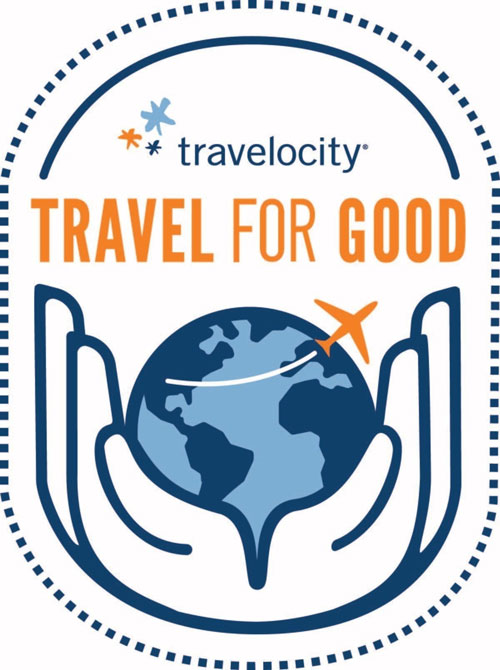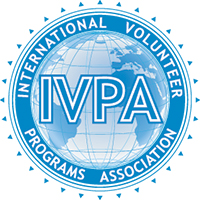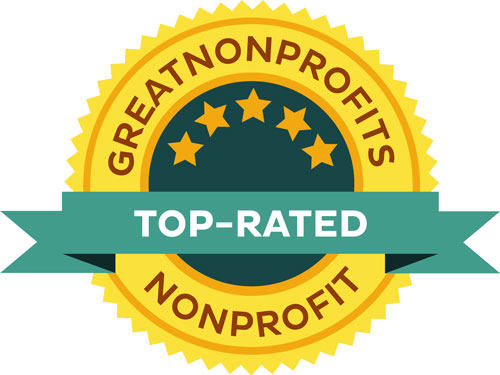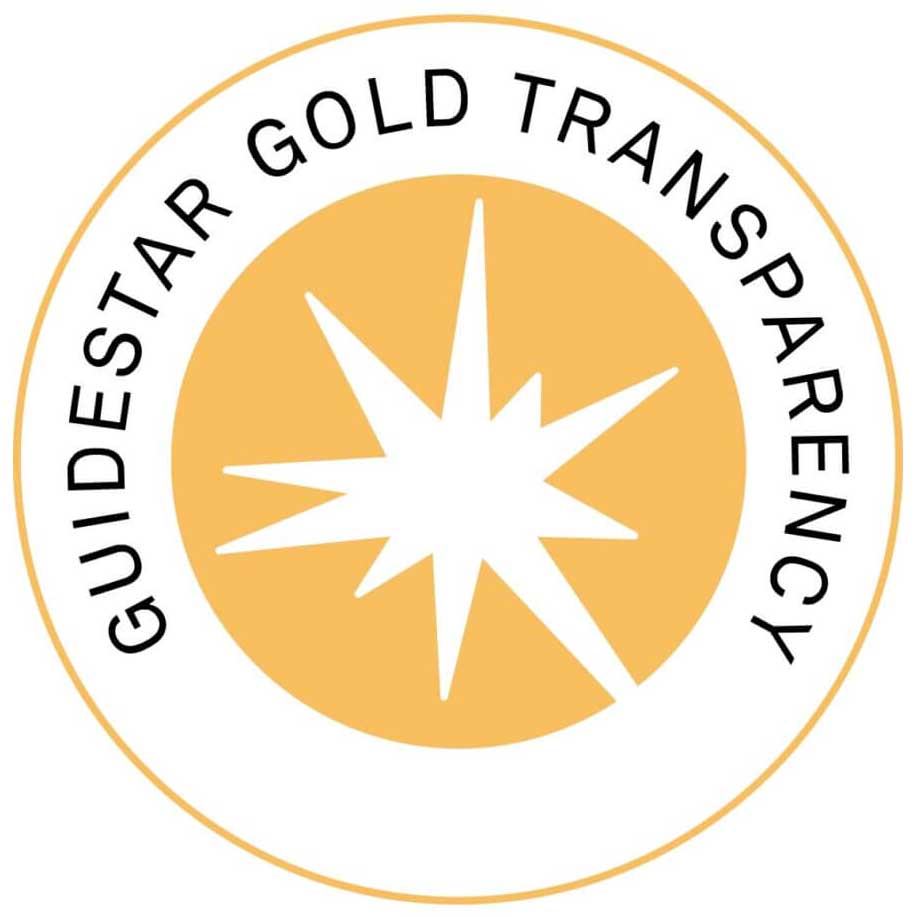Frequently Asked Questions
Volunteer Handbook
Beyond a Traditional Vacation
A: Most of our programs do not have age requirements, we accept all ages. However, while we do accept teenagers, participants under 18 must travel with a designated adult guardian/chaperone. We may consider exceptions to teenage solo travel – please contact our office so we can discuss on a case by case basis.
A: Globe Aware is a public charity, a 501 (c) (3) tax-exempt corporation under the U.S. Internal Revenue Service; it is not a private foundation. Not only is your entire minimum contribution fee tax-deductible (to U.S. tax payers), but all other expenses related to your Globe Aware volunteer work are also tax-deductible (such as your airfare, trip cancellation insurance, and other such expenses). These expenses are tax deductible because as a volunteer you are doing the work of Globe Aware.
If you are unsure of your own personal limits on deductions related to your income, it is best to seek counsel from a professional tax advisor. The IRS allows deductions where "there is no significant element of personal pleasure, recreation, or vacation." This means that if you plan significant deviations before or after the Globe Aware program, you may need to seek professional counsel on portions that may not be deductible.
A: Globe Aware generally makes no provisions for volunteers to leave early. If you feel this may be necessary for you to leave the program before its completion date, please contact Globe Aware to see if any special arrangements can be made. Several weeks advance notice is critical, and these requests may not be able to be satisfied. In some cases, a nominal additional fee may be assessed in order to provide for additional transportation for you.
A: Many volunteers choose to stay in the host country longer than the program specifies, or to arrive for a few days before it begins. This is perfectly fine, however travel expenses related to non-program stay may not be tax-deductible. Check with a tax expert for details. In addition, accommodation, meals, and transportation outside of the specified program adventure are not the responsibility of Globe Aware. Volunteers may NOT stay longer at the actual host site.
A: Visa requirements vary depending on the program location and on your nationality. If one is required, state that you are on vacation so that you avoid having to get a work permit. Passports are almost always required, and given the amount of time it can take to process, volunteers should plan on securing passports at least 3 months before their program begins. Visas can take just as long to secure, so it is a good idea to apply for a passport as soon as possible. Your program details should specify any Visa requirements. If you are unsure, please feel free to contact Globe Aware offices by phone or email to get more specific information.
A: Please be aware that if you or any of your travel companions contract COVID-19 during your volunteer vacation, you may be unable to participate in work projects or cultural activities to protect the health and safety of other participants. We strongly recommend considering trip cancellation insurance to cover any potential disruptions due to illness, which may provide compensation for missed activities or other related expenses.
A: Your entire contribution is used to support Globe Aware programs and program development. By spreading costs across all of our programs, Globe Aware is able to assist community projects that otherwise would not be self-sustaining. Your contribution covers a donation to the community project, program coordination, your meals, accommodation, in-country transportation, medical insurance, Orientation package, medical equipment donations, emergency medical evacuation insurance.
A: The number of volunteers on the program can vary from 2 to 15.
A: Volunteers are fully responsible for being in satisfactory health and to have enough mobility for the program they choose. The level of physical challenge is generally adaptable to the level of any volunteer, and most programs are fine for any fitness level. If you have any special concerns, please feel free to contact Globe Aware with more specific questions. We are happy to try and accommodate your needs.
A: On most programs, your dietary restrictions can be met. HOWEVER it is imperative that you communicate your needs to Globe Aware at least a month before your program begins. In some cases, the remote nature of a program site may mean not every diet can be accommodated.
A: On most programs, your dietary restrictions can be met. HOWEVER it is imperative that you communicate your needs to Globe Aware at least a month before your program begins. In some cases, the remote nature of a program site may mean not every diet can be accommodated.
A: Globe Aware will provide you with an Orientation package in advance of your adventure detailing the climate, conditions and recommended items to pack, but feel free to contact Globe Aware with any questions.
A: The majority of your additional expenses will be whatever transportation costs you incur in getting to the specified meeting point (which will be described to you in your orientation packet). To be clear, Globe Aware does not pay for your airfare. We can, however, help you with suggestions for your booking, should you require assistance. You may also have costs for your passport, visas, airport taxes, any side trips you decide to take, any expanded medical and travel insurance, excess baggage charges (if you bring more than your airline allows), alcoholic beverages, and personal items (such as film, email/phone charges, etc), and any souvenir purchases.
You can apply them towards your airfare, however a 4% credit card processing fee will be removed from this. Please call us at 877-588-4562. You will need to furnish the receipt for your airfare. Funds raised above and beyond the program fee and airfare are applied directly to the program itself and are not returned to the volunteer.
A: The minimum contribution fee for your program covers the cost of your meals, accommodation, on-site travel (but not airfare), emergency medical evacuation, medical insurance, donations to the various community projects, your orientation package, volunteer coordination, program development, country manager expenses, community team recruitment, logistical support and project consultants.
For more information on this medical insurance coverage, click here.
A: Globe Aware endeavors to provide accommodations that let volunteers live as a local citizen of their host country, to give volunteers a feel for the local culture. Living conditions, however, can vary greatly.
Accommodations are often rustic, in a safe and rural setting. Amenities can be expected to be relatively Spartan. They maybe in a dormitory, community center, private home, cottage, apartments or hotel. Volunteers will sometimes be places in private home stay
Meals are prepared by a local cook, and volunteers are welcome to participate and learn about cooking the local cuisine. You'll find ample fruits, vegetables and meats indigenous to the region. Volunteers may also choose to go to the market to shop as a local, and help with carrying back provisions.
Toilets
Toilets can range from everything to modern Western flushing toilets to squatter toilets.
A: In order to reserve a spot on a Globe Aware adventure, you will need to send a 50% deposit with your completed application. Your entire balance is due 70 days prior to the start date of the adventure of your choice. We accept most major credit cards (American Express, Visa, Mastercard), money order and personal check.
Refund/Cancellation/Transfer Policy
Take care in choosing your program location and dates. If your plans change, you can cancel. You will get a 100% refund, less a non refundable $500 of the deposit, if you cancel at least 70 days prior to the program's start date. After 70 days, it costs us to replace you because we have sent advances from your contributions to the community. You may elect to apply 100% of the deposit to another program if you transfer to another program within twelve months of the original program start date (no handling penalty or fee will be assessed), if we have not yet sent funds for field costs. If you would like to transfer a second time, there is an additional $150 change fee in addition to any difference in the minimum contribution fee. Other than this, the deposit is never refundable, unless Globe Aware has to cancel a program. In the rare and unlikely event that Globe Aware has to cancel a program, you will receive a 100% refund, including your deposit.
If you cancel 31 to 69 days prior to the program start date, you will receive a 60% refund of the balance of the minimum contribution fee. If you reschedule you receive no refund however, you will have one year from the original program date to apply the funds to another program. Again the deposit is not refundable.
If you cancel less than 30-7 days from the program start date, you will receive a 25% refund of the balance of the minimum contribution fee. Again the deposit is not refundable.
If you cancel less than 7 days from the program start date, you will receive no refund of the minimum contribution fee. By this time the money has been implemented into specific project for the program. Again the deposit is not refundable.
Refund/Cancellation/Transfer Policy
Take care in choosing your program location and dates. If your plans change, you can cancel. You will get a 100% refund, less a non refundable $500 of the deposit, if you cancel at least 70 days prior to the program's start date. After 70 days, it costs us to replace you because we have sent advances from your contributions to the community. You may elect to apply 100% of the deposit to another program if you transfer to another program within twelve months of the original program start date (no handling penalty or fee will be assessed), if we have not yet sent funds for field costs. If you would like to transfer a second time, there is an additional $150 change fee in addition to any difference in the minimum contribution fee. Other than this, the deposit is never refundable, unless Globe Aware has to cancel a program. In the rare and unlikely event that Globe Aware has to cancel a program, you will receive a 100% refund, including your deposit.
If you cancel 31 to 69 days prior to the program start date, you will receive a 60% refund of the balance of the minimum contribution fee. If you reschedule you receive no refund however, you will have one year from the original program date to apply the funds to another program. Again the deposit is not refundable.
If you cancel less than 30-7 days from the program start date, you will receive a 25% refund of the balance of the minimum contribution fee. Again the deposit is not refundable.
If you cancel less than 7 days from the program start date, you will receive no refund of the minimum contribution fee. By this time the money has been implemented into specific project for the program. Again the deposit is not refundable.
A: Travel cancellation insurance is highly recommended. Here is a useful link that can answer some questions relating to Travel Insurance: www.travelinsurancereview.net/travelinsurance-101
A: Globe Aware is a public charity, a 501 (c) (3) tax-exempt corporation under the U.S. Internal Revenue Service; it is not a private foundation. Not only is your entire minimum contribution fee tax-deductible (to U.S. tax payers), but all other expenses related to your Globe Aware volunteer work are also tax-deductible (such as your airfare, trip cancellation insurance, and other such expenses). These expenses are tax deductible because as a volunteer you are doing the work of Globe Aware.
If you are unsure of your own personal limits on deductions related to your income, it is best to seek counsel from a professional tax advisor. The IRS allows deductions where "there is no significant element of personal pleasure, recreation, or vacation." This means that if you plan significant deviations before or after the Globe Aware program, you may need to seek professional counsel on portions that may not be deductible.
A: Your desire to volunteer is the greatest asset you bring to a Globe Aware adventure. No other skills are necessary. Keeping an open mind to the local ways and traditions is perhaps the best preparation, and the best mechanism for enjoying your experience.
A: Absolutely not! If you do speak the local language, you will have ample opportunity to use it, however you will have an English speaking host or guide, you can learn simple local language phrases if desired, and you'll be shocked at how much you can communicate with a smile, a nod, and other such body language.
A: There are actually more Globe Aware volunteers that travel solo, than travel in groups, though couples, groups and families are all welcome. One of the may great aspects of a Globe Aware adventure is meeting other like-minded volunteers.
A: You're already giving a lot by participating, as your funds go toward direct contributions to the community. The communities are so grateful for that, and so you should feel under no obligation whatsoever to contribute more. But some ask how they can give more.
Globe Aware administers many donations to our needy communities, as we are regulated by the US Treasury Department. We have a direct, sponsored wire transfer account established because of our 501 c 3 nonprofit status. It still costs us a monthly fee to send money, but it is a flat fee, so additional donations do not cost the communities extra money. The sad reality is that it costs the sender money to send, and it often costs even more for the recipient to receive. This is a fact usually found out *after* you try and send money. So from the perspective of mitigating transaction costs, it is free to send via Globe Aware. It also allows your donation to be tax deductible.
CASH: If you are going on a program, you can also just give cash to those locals administering projects upon arrival (though it won't be tax deductible unless you go via Globe Aware). The other thing you can do is wait till you get there and see all the needy places, and give money directly to them or purchase what will help them become more self sufficient. Again, not tax deductible, but easy, and you can choose where it goes. We do not want to encourage begging, so we think the purchase of sewing equipment, for example, is better than giving cash to a hungry seamstress. Or employ him or her to make you a sweater.
Most international communities have difficulty receiving money (as you may say in your research, wiring money is extremely expensive – up to 20% cost of what you're wiring). In addition, any donations directly to the communities are generally not considered tax deductible. You have to give them to a US based nonprofit that partners with them in order for such funds to be tax deductible. You can mail a check, but it takes one month and a variable $100 fee for an international check to be cashed by the communities, so the communities generally do not prefer such donations. Again, its easiest and cheapest, and tax deductible, if you go via Globe Aware.
GOODS: Upon registration, you receive an orientation which lists some of the items the community needs. For example, kids often need shoes or learning supplies. Its good to check here so you can see if they are items that are truly needed.
GETTING DONATIONS TO THE COMMUNITIES: This is tricky. You'd think there would be lots of services willing to give free shipping for donations to needy communities. Surely the airlines? Shipping companies? Postal carriers? Nope, that would be an administrative nightmare for them. There are a few such possibilities, but generally they work like applying for a grant or scholarship. You fill out enormous paperwork, then wait months fro approval, then find a customs officer and rep willing to receive items for you, then fill out return reports, etc.
Shipping overland or sea is *expensive.* Almost always, the cost of shipping donated items exceeds the value of the underlying goods being shipped. If you spend, for example, $300 to ship a used computer worth $350, you'd be much, much better off just using the $300 to buy the computer in the destination country.
What we have found to be the least expensive way to get donated goods to the needy communities is for volunteers to carry them in their checked bags. The airlines generally allow each passenger to have 2 bags checked, and one carryon. We suggest volunteers use one of the bags for donated items. Of course you still have to follow airline regulations in what can be carried. It should go without saying that weapons and drugs (even medications such as aspirin) are no-no's. If you are not going on a program, we can ask volunteers in your area if they'd be willing to carry donations for you, but then they have to pack the bag themselves so they can answer customs questions appropriately.
A: For most people, adrenaline alone keeps this from being an issue on the way to your destination. Many people find that dealing with jet lag on the return home is more of an issue. The 1st couple of days on any program is designed with very light activity.
A: We accept volunteers from all over the world. In addition to US Charity status, Globe Aware Adventures in Service is also a Canadian Charitable Organization, with Business number: 80827 6414 RR0001. Your program contribution is tax-deductible in Canada to the full extent of the law. For more information that may help guide you, though it is usually best to consult your tax advisor for further specifics.
A: If your fellow volunteers have agreed to share some of their application info, we will send you this info in conjunction with your orientation packet.
A: You are responsible for booking your own travel to the meeting point. We can give you recommendations or suggestions if you'd like. Simply contact us at o
A: Generally you will have local community guide leaders. Occasionally you may also have a North American guide as well.
A: You will be met at a designated meeting point by either your local host or a specially designated guide. The person meeting you will be holding up a "Globe Aware" sign.
A: Internet access varies with each project location. Check your Orientation package for more info, or feel free to contact Globe Aware with any questions. If internet access is available, and you are interested in checking your email while on your Globe Aware adventure, it is recommended that you set up an email account that can be accessed while traveling from most computers (such as a Yahoo, hotmail, or webmail account). Usually volunteers have access or are provided access approximately twice a week.
A: You will have ample time on weekends and in evenings, and on one day during the week to relax and explore.
Discounts/Groups/Custom Trips
Previous Globe Aware adventurers get a 10% discount. Customized trips can be created for any given group as long as the focus is in line with the general principles of Globe Aware.
A: Most of our programs house volunteers 2 to 3 to a room, however some, such as our Costa Rica program have up to 6 per cabin; please call 1-877-588-4562 if you need more information about your specific program. Volunteers are usually divided by gender (or members traveling together), though the coordinator can work with you on room arrangements upon arrival. If available, you can pay an additional single supplement, though this is difficult to arrange in advance. Occasionally, due to group make-up, a volunteer may, by necessity be placed in a single room, in which case no supplement is required.
A: Electricity access will depend on location. Check your Orientation package for more info, or feel free to contact Globe Aware with any questions.
A: Yes, you will always have free and easy access to clean and potable water.
